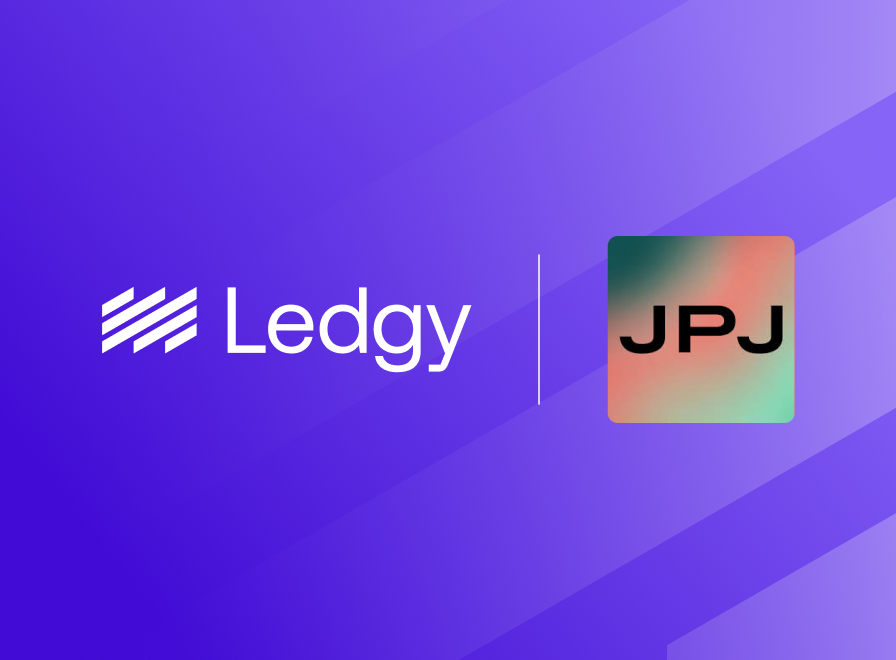Equity Data Pulse February 2024



Welcome to the first edition of Ledgy's Equity Data Pulse. We'll be tracking key metrics from Europe's technology ecosystem, giving you a regular insight into movements in fundraising, employee equity trends and more.
Funding rounds show positive momentum in three of last four months
We saw 21% more funding rounds in February compared to the previous month. December was the only month in the last four to register a decline in funding round numbers.

Big month-on-month increase in later-stage funding rounds in February
In January, seed and Series A funding rounds made up almost 75% of all new fundraisings. But this changed in February, where a higher proportion of funding rounds happened at later stages (from Series B onwards). The proportion of later-stage rounds (Series C and D) more than doubled from the previous month.

What's happening?
Founders and investors alike have found it tough to fundraise in the last 12-18 months. But since the tail end of 2023, we've observed gathering momentum in new funding rounds. The nature of those rounds could also be changing. In January, early-stage seed and Series A rounds (which generally held up better than later-stage rounds in the funding crunch) still made up nearly three-quarters of all funding rounds on Ledgy. In February, though, more than one in every five rounds was a Series C or D round – a big month-on-month increase.
Inside Europe's equity benchmarks
So what's happening in European employee equity? For this first Equity Data Pulse installment, we're going to examine the huge differences between equity at the middle and the top of the market.
We compared equity grants at the 50th, 70th and 90th percentile across all major European markets, looking at the more senior levels in our dataset, from Level 5 (roughly equivalent to senior managers) up to Level 8 (C-suite roles). Equity grants at the 90th percentile are between 3x and 4x higher than the grants made by companies at the 70th percentile (still 'above average').

Companies that choose to grant at the 90th percentile commit a much larger proportion of their total share capital to employees. It is down to ambitious leaders to negotiate with stakeholders and determine how best to build an equity strategy that reflects business objectives.
Companies should prepare to ramp up equity allocations for the C-suite
Our data also highlights a chasm between the equity given to the most senior roles and the rest. Across all percentiles, we observed sharp increases between Levels 5 and 6 (senior managers and directors) and Levels 7 and 8 (VP and C-suite). At the 50th percentile, a C-suite executive's equity stake is more than 14x higher than a Level 5 senior manager.
The implication for companies? Even if you choose not to offer top-of-market equity, you will need to significantly increase equity grants for your most senior team members to attract the right talent, including when people are promoted into VP and C-suite roles.
Linear salary, exponential equity?
Salary and equity behave very differently. Salary increases are generally linear across seniorities, but equity grants grow in a much more exponential fashion.
We can see this trend in action when we observe the spread between salary and equity compensation at different seniority levels. Level 1 represents an entry-level role, while Level 8 broadly corresponds to the C-suite. (We've taken the 70th percentile as our example dataset.)

At the 70th percentile, up to Level 6 – equivalent to a director – salary compensation has a higher monetary value than equity compensation. However, for the most senior roles, the growth in the value of equity packages rapidly outpaces salary growth.
Thanks for reading. Don't forget to sign up to the waitlist to get all the latest ahead of our equity benchmarking launch.



Stay up to date! 🎉
Subscribe to our newsletter and receive the latest insights on the equity world








.png)